First, you need to know the laws and steps to start your business. It’s key to understand the cottage food law and get the right license. This guide will help you from learning the rules to selling your baked goods.
Key Takeaways
- Understand the regulations under New York State Cottage Food Laws.
- Learn how to obtain a license for your micro bakery.
- Discover the steps to launch your home-based baking business.
- Find out how to market your baked goods effectively.
- Comply with the cottage food law to avoid any legal issues.
Understanding New York State Cottage Food Laws
Getting to know New York’s cottage food laws is key for those wanting to run a micro bakery from home. These laws let people make and sell certain foods from their kitchens. But, they have rules and exemptions to follow.
What Are Cottage Food Laws?
Cottage food laws let people sell low-risk foods from their kitchens. These laws differ by state and help small food makers. In New York, you can sell specific baked goods and foods from home, but only under certain conditions.
The Home Processor Exemption in New York
The Home Processor Exemption is a big part of New York’s cottage food laws. It lets people run a food business from home without a commercial kitchen. They just need to follow rules and register with the state. This is great for micro bakeries, as it lets them start small and grow.
Recent Changes to New York’s Cottage Food Regulations
New York’s cottage food rules have changed recently. These updates include new food safety rules and how to register. It’s important for home bakers to know these changes to follow the law and avoid fines.
| Regulation | Description | Impact on Home Bakers |
|---|---|---|
| Registration Requirements | Home bakers must register their business with the state. | Ensures compliance with state regulations. |
| Food Safety Guidelines | Guidelines for handling and preparing food safely in a home kitchen. | Reduces the risk of foodborne illnesses. |
| Sales Limitations | Limits on the amount of sales allowed under the Home Processor Exemption. | Impacts business growth potential. |
By knowing these parts of New York State’s cottage food laws, home bakers can better understand the rules. This helps them start their micro bakery businesses successfully.
Legal Requirements for Home Bakers in New York
Home bakers in New York need to know the law to start a micro bakery. It’s key to understand the legal rules for baking at home in the state.
Registration vs. Licensing Requirements
Home bakers in New York must know the difference between registration and licensing. Registration is for home processors under the Cottage Food Law. Licensing is needed for bigger operations or those that go beyond the Cottage Food Law limits. Having the right registration or license is crucial to avoid legal trouble.
Food Safety Guidelines and Training
Following food safety rules is vital for home bakers. The New York State Department of Agriculture and Markets offers resources and training. This helps bakers learn about food handling, preparation, and storage.
Local Zoning Considerations
Before starting a home bakery, check local zoning laws. Some places may not allow home businesses. It’s important to make sure your area allows commercial activities.
Department of Agriculture and Markets Oversight
The New York State Department of Agriculture and Markets watches over food products, including home bakers’. They make sure everyone follows state laws and regulations. They help with registration, licensing, and food safety.
| Regulatory Requirement | Description | Responsible Agency |
|---|---|---|
| Registration | Required for home processors under Cottage Food Law | Department of Agriculture and Markets |
| Licensing | Necessary for larger operations or those exceeding Cottage Food Law limits | Department of Agriculture and Markets |
| Food Safety Training | Guidelines and training for proper food handling and preparation | Department of Agriculture and Markets |

By following these legal rules, home bakers in New York can run a successful micro bakery.
Permitted Foods and Limitations
Knowing what foods you can sell is key for home bakers in New York State. The Home Processor Exemption lets you sell certain baked goods and foods. But, there are rules you must follow.
Approved Baked Goods and Products
Home bakers can sell many baked goods under the Home Processor Exemption. These include:
- Bread
- Cakes
- Cookies
- Muffins
- Other non-hazardous baked goods
These items must be made in a home kitchen that meets certain standards. It also needs to be registered with the Department of Agriculture and Markets.
Prohibited Items Under Home Processor Exemption
Some foods are not allowed under the Home Processor Exemption. These include:
- Foods that need refrigeration
- Meat products
- Sauces and other potentially hazardous foods

Packaging and Labeling Requirements
All baked goods sold under the Home Processor Exemption must be packaged and labeled correctly. This means:
- The name and address of the home processor
- A list of ingredients
- A statement that the product was made in a home kitchen
Good labeling is important for safety and transparency.
Sales Limitations and Restrictions
There are rules on where and how you can sell your products. You can sell directly, at farmers’ markets, and in approved places. Online sales are also okay, but there might be extra rules.
By knowing these rules and following them, home bakers can run a successful business.
Step-by-Step Application Process
To sell homemade treats, you must go through a simple but important application process. This process has several steps. It’s designed to make sure you follow New York State’s Cottage Food Laws.
Obtaining the Home Processor Registration
The first step is getting a Home Processor Registration from the New York State Department of Agriculture and Markets. This is key to legally sell your baked goods under the Cottage Food Laws.
Required Documentation and Forms
You’ll need to collect required documentation to apply. This includes proof of where you live and a list of products you want to sell. The application will ask about your home kitchen and the baked goods you plan to make.
Kitchen Inspection Considerations
Your home kitchen might need an inspection to check if it follows food safety guidelines. Make sure your kitchen is clean, organized, and meets the regulations.
Approval Timeline and Next Steps
After you apply, how long it takes to get approved can vary. Once you’re approved, you’ll get your Home Processor Registration. Then, you can start selling your baked goods at places that are allowed.
Knowing and following this application process is key to starting your micro bakery. By doing these steps, you’ll be on your way to making your baking passion a real business.
Marketing and Selling Your Baked Goods
After registering your home bakery in New York, it’s time to sell your baked goods. You need to know where you can sell and how to market your products. This is key for your micro bakery’s success.
Permitted Sales Venues
New York’s Cottage Food Laws let home bakers sell in many places. Farmers markets are a great choice, as they let you meet customers face-to-face. You can also sell directly from your home or at events, which helps you connect with people.
Online Sales and Delivery Options
In today’s world, having an online presence is crucial. You can sell your baked goods online through your own site or social media. For delivery options, make sure you follow local rules and use local services to reach more people.
Building Your Micro Bakery Brand
Creating a strong brand is vital for standing out. Work on a unique brand voice, packaging, and customer experience. Use social media to talk to your audience and grow a loyal customer base.
Pricing Strategies for Profitability
To make money, you need smart pricing strategies. Figure out your costs, like ingredients, packaging, and time. Then, look at what others charge to set good prices. Offering deals can help attract first-time buyers and keep them coming back.
Conclusion: Growing Your Home Bakery Business
Starting a micro bakery in New York under cottage food laws is a great chance. By knowing and following the rules, you can grow your home baking business.
Keep learning about the cottage food industry and any law changes. Getting a business license and following food safety rules will help your bakery grow strong.
With hard work and smart plans, you can succeed as a food entrepreneur. Use allowed sales places like farmers’ markets and sell directly to customers. Also, market your brand well.
By following this guide, you can make your home bakery business flourish. This way, you can meet the growing need for homemade baked goods in New York State.
FAQ
What is the Home Processor Exemption in New York State?
The Home Processor Exemption lets people run a food business from home. They can sell certain baked goods and foods. But, they must follow some rules and regulations.
What types of baked goods are permitted under New York’s Cottage Food Laws?
You can sell bread, cakes, cookies, and pastries from home. These items must be made in a home kitchen. They also need to meet packaging and labeling rules.
Do I need a license to sell baked goods from home in New York?
In New York, you don’t always need a license to sell baked goods from home. You just need to register with the Department of Agriculture and Markets. This is easier than getting a license.
What are the food safety guidelines for home bakers in New York?
Home bakers in New York must follow food safety rules. This includes handling, storing, and preparing food correctly. While formal training isn’t always needed, following these guidelines is key to a safe business.
Can I sell my baked goods online and deliver them to customers?
Yes, you can sell baked goods online and offer delivery. But, you must follow New York’s cottage food laws. This includes rules for online sales and delivery.
Are there any restrictions on where I can sell my baked goods?
Yes, there are limits on where you can sell your baked goods. You can sell at farmers markets and directly to customers. But, check local laws and regulations first.
How do I obtain the Home Processor Registration in New York?
To get the Home Processor Registration, you need to send in the right documents and forms. The Department of Agriculture and Markets will review them. Your home kitchen might also be inspected.
What are the packaging and labeling requirements for baked goods sold under the Home Processor Exemption?
Baked goods must be packaged and labeled correctly. This includes the processor’s name and address, a list of ingredients, and a statement about being made in a home kitchen.
Can I sell my baked goods at wholesale, or are they limited to retail sales?
The Home Processor Exemption mainly covers retail sales. To sell at wholesale, you might need to follow more rules. You might also need a different license or registration.
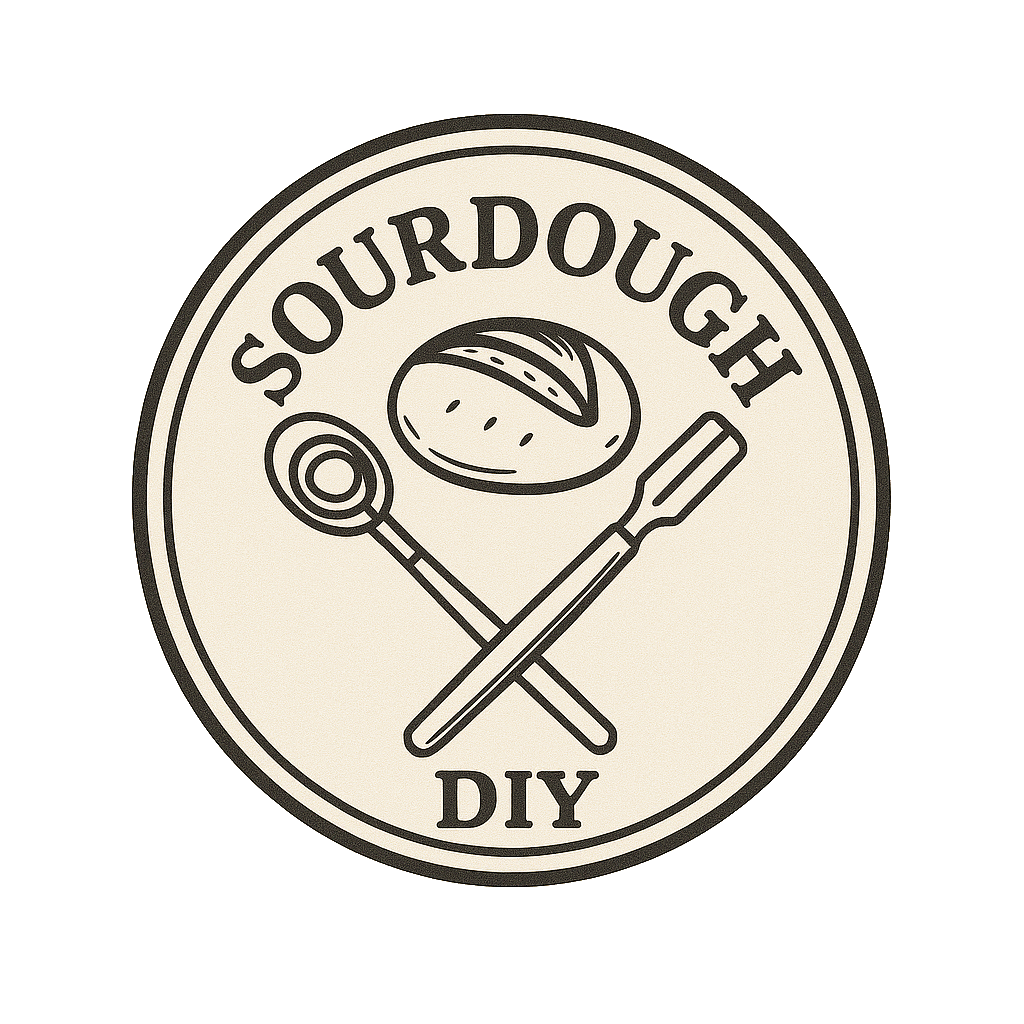
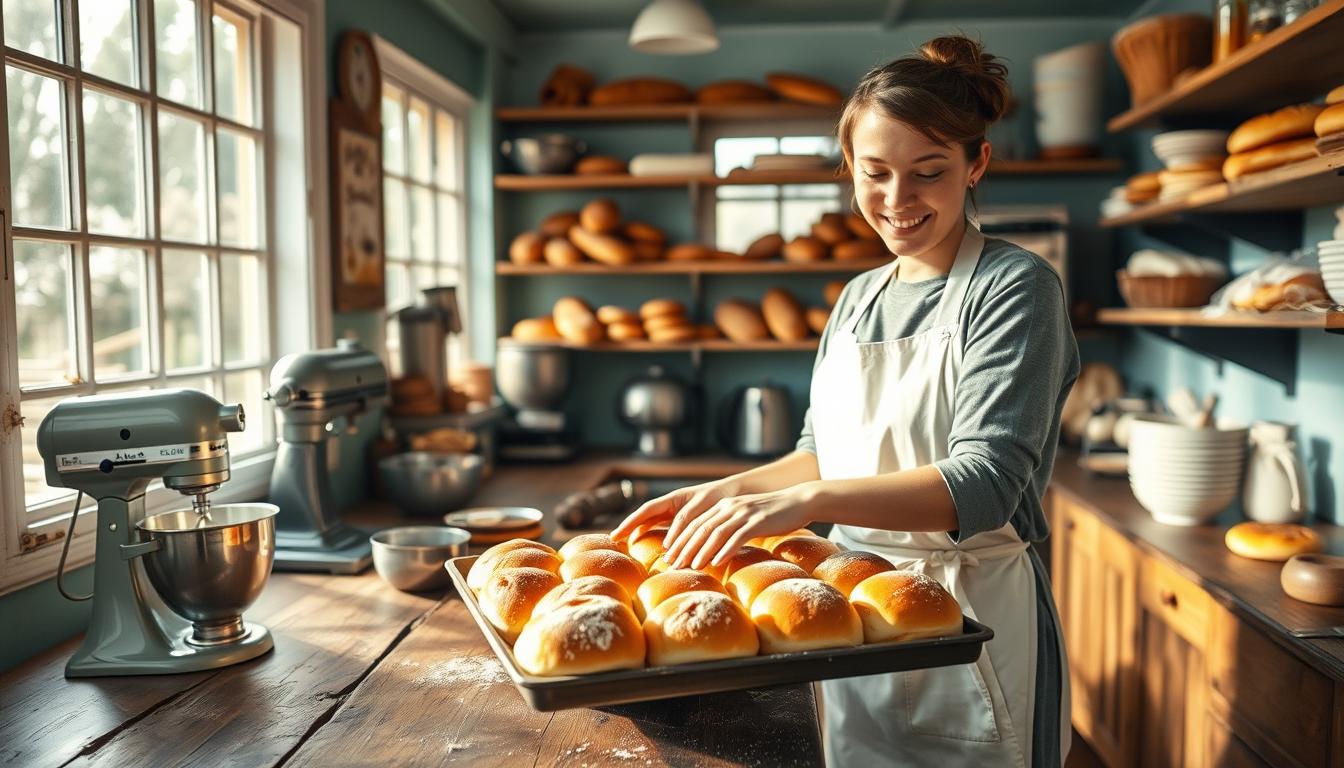
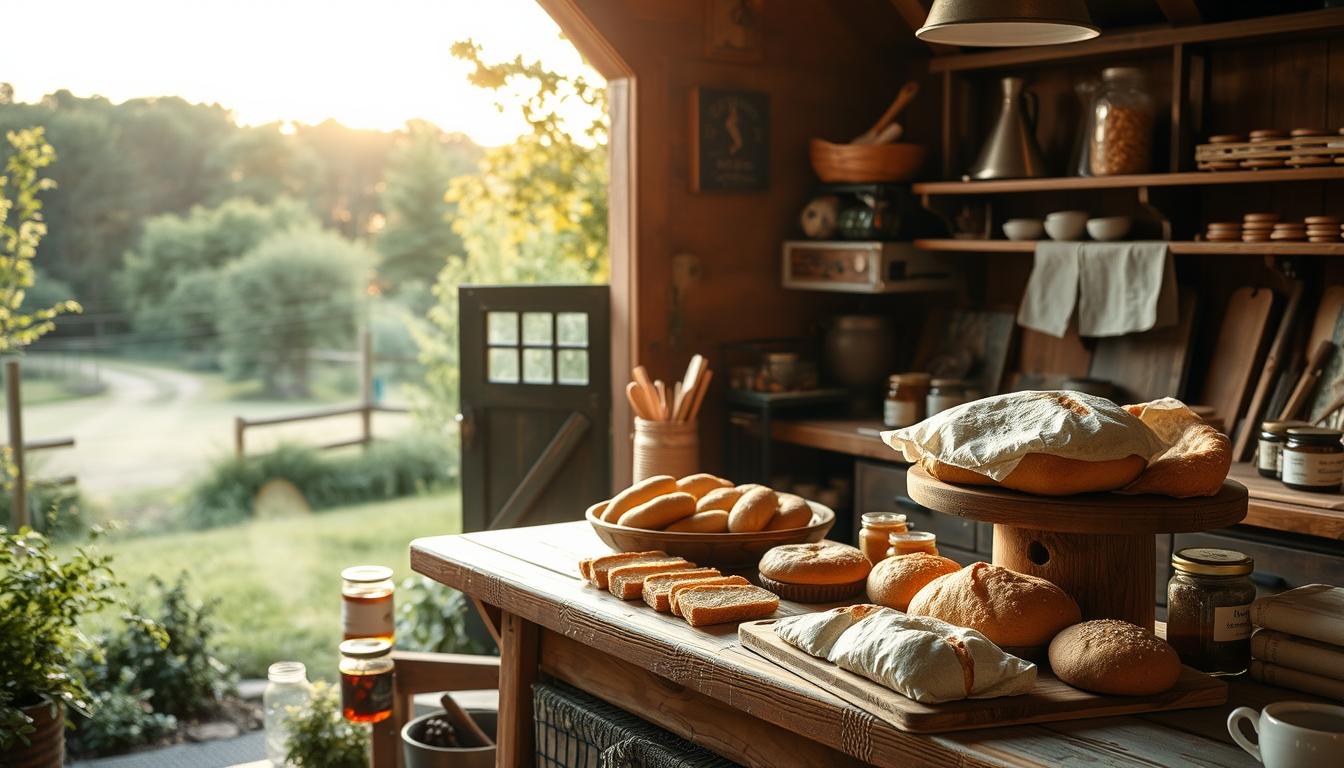
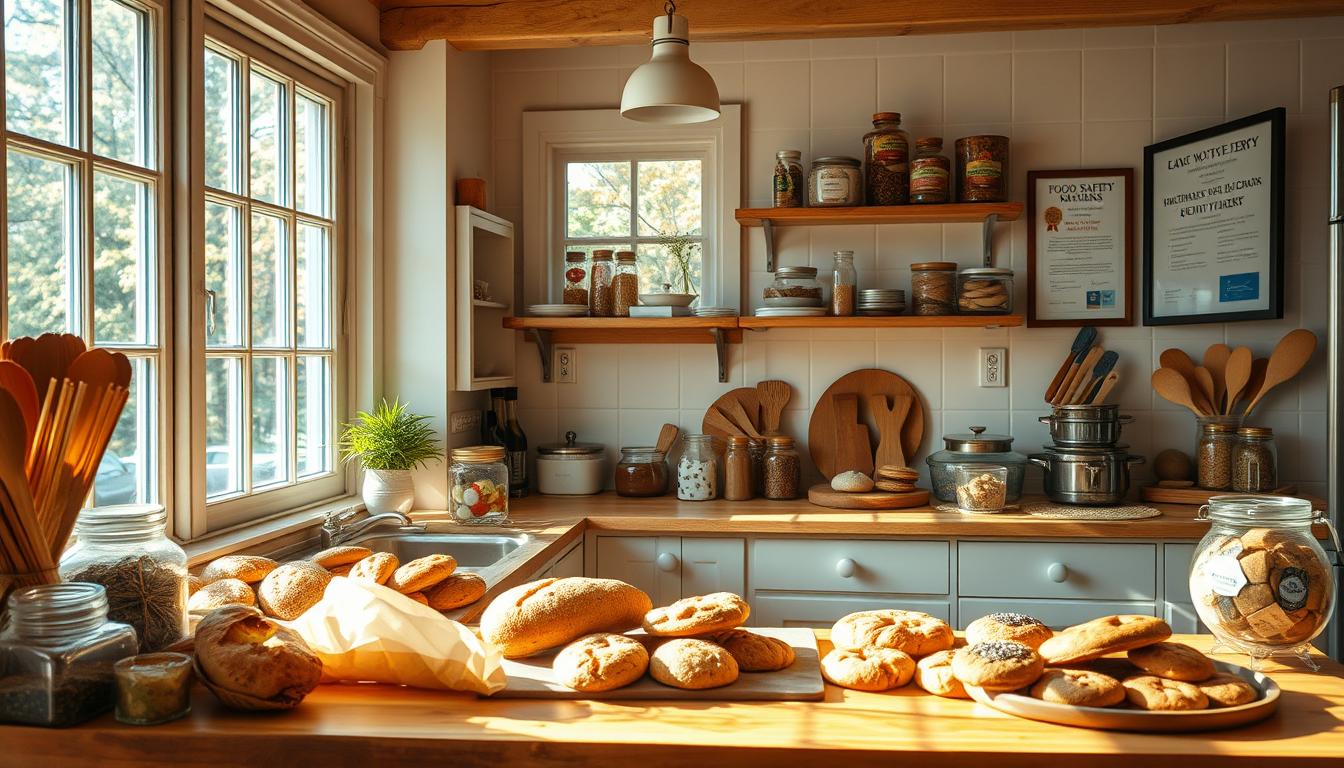
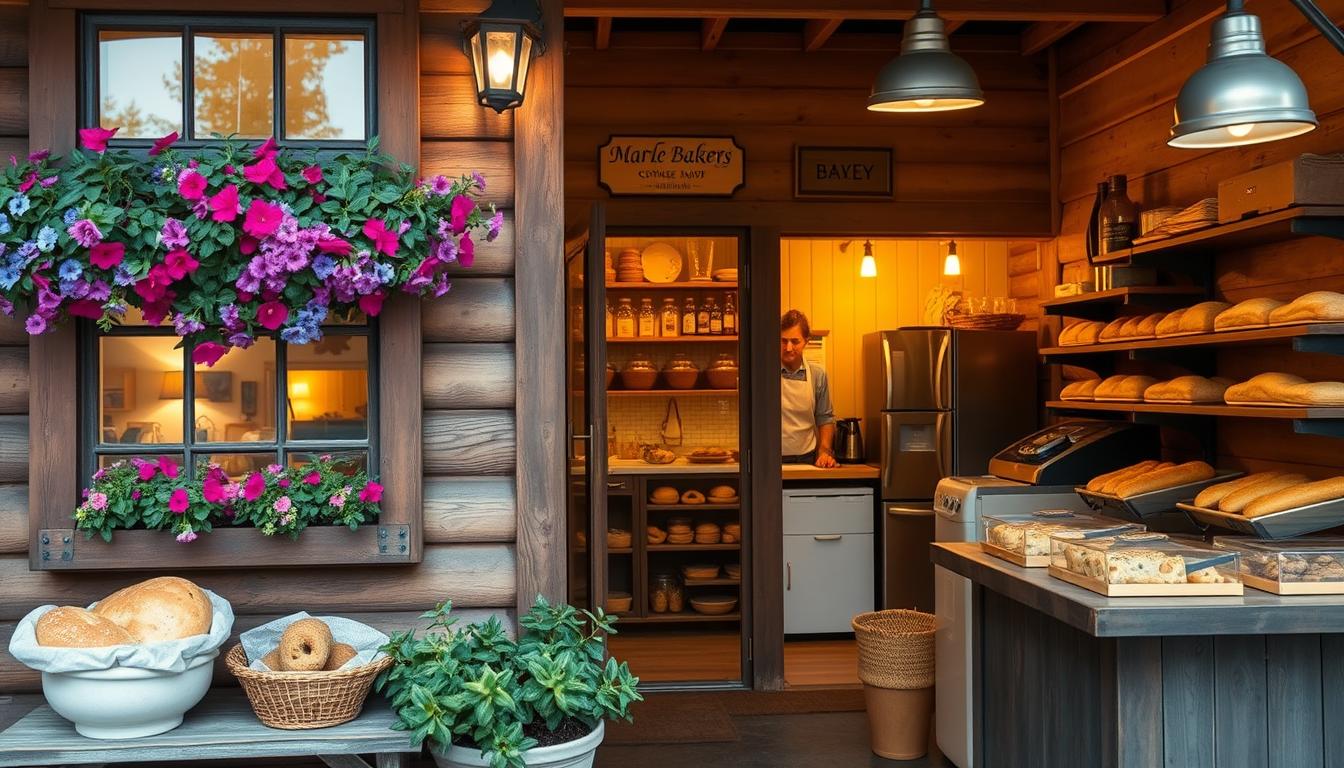
Leave a Reply